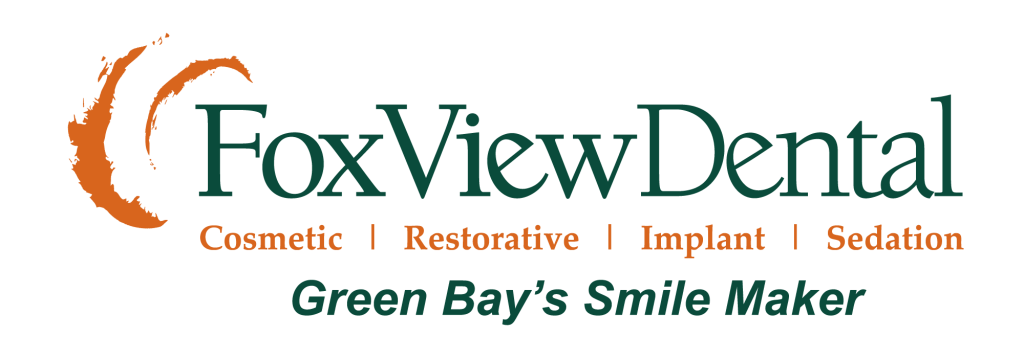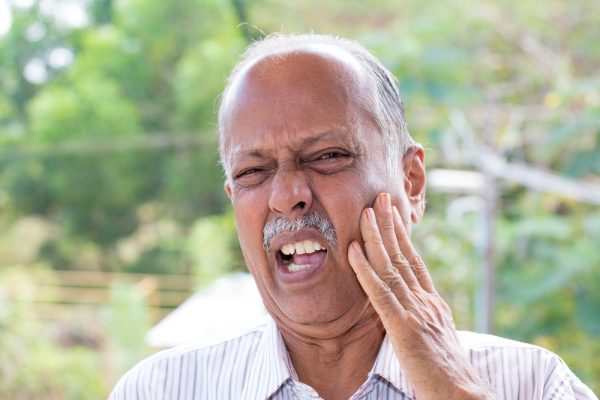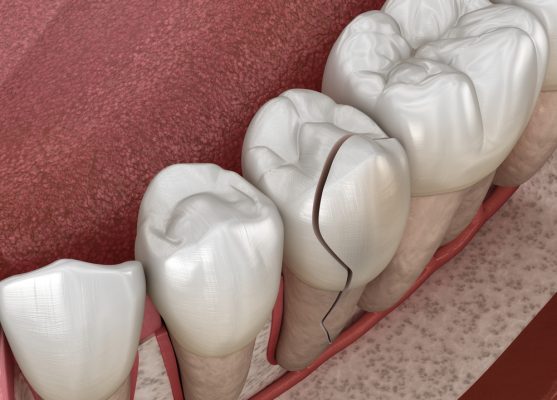Dental Trauma Emergencies in De Pere, WI
Your Guide to Dental Emergencies in the Green Bay Area
Accidents happen, and dental emergencies often strike unexpectedly, causing pain and distress. Knowing how to respond to acute dental trauma can make a considerable difference in preserving your natural teeth and preventing further complications.
At Fox View Dental, located in De Pere, WI, we understand the urgency of dental emergencies. Our dedicated team is here to support you and provide thorough care. We serve patients not only in De Pere but also welcome individuals from surrounding areas such as Green Bay, Allouez, Ashwaubenon, and Howard, WI.
At Fox View Dental, we emphasize the importance of timely care and comprehensive treatment options. Should you or someone you know experience a dental emergency, don’t hesitate to contact our De Pere dental officeat (920) 336-4201.
What Is Dental Trauma?
Dental traumarefers to traumatic dental injuries affecting the teeth and surrounding tissues, including gums, lips, and the jaw. These injuries can occur due to various incidents such as falls, sports injuries, car accidents, or even biting down on hard objects. The severity of dental trauma can range from minor chips to complete tooth avulsions (knocked-out teeth). Timely intervention is key to maintaining your oral health.
Definition and Prevalence of Dental Trauma
Dental trauma refers to injuries to the teeth and surrounding tissues, including the gums, periodontal ligament, and alveolar bone. According to the International Association of Dental Traumatology (IADT), dental trauma is a common problem worldwide, affecting millions of people each year. The prevalence of dental trauma varies depending on the country and region, with children and adolescents being more likely to experience dental trauma than adults.




 While it’s impossible to completely avoid accidents, certain precautions can significantly reduce the risk of dental injury. Consider the following:
While it’s impossible to completely avoid accidents, certain precautions can significantly reduce the risk of dental injury. Consider the following: